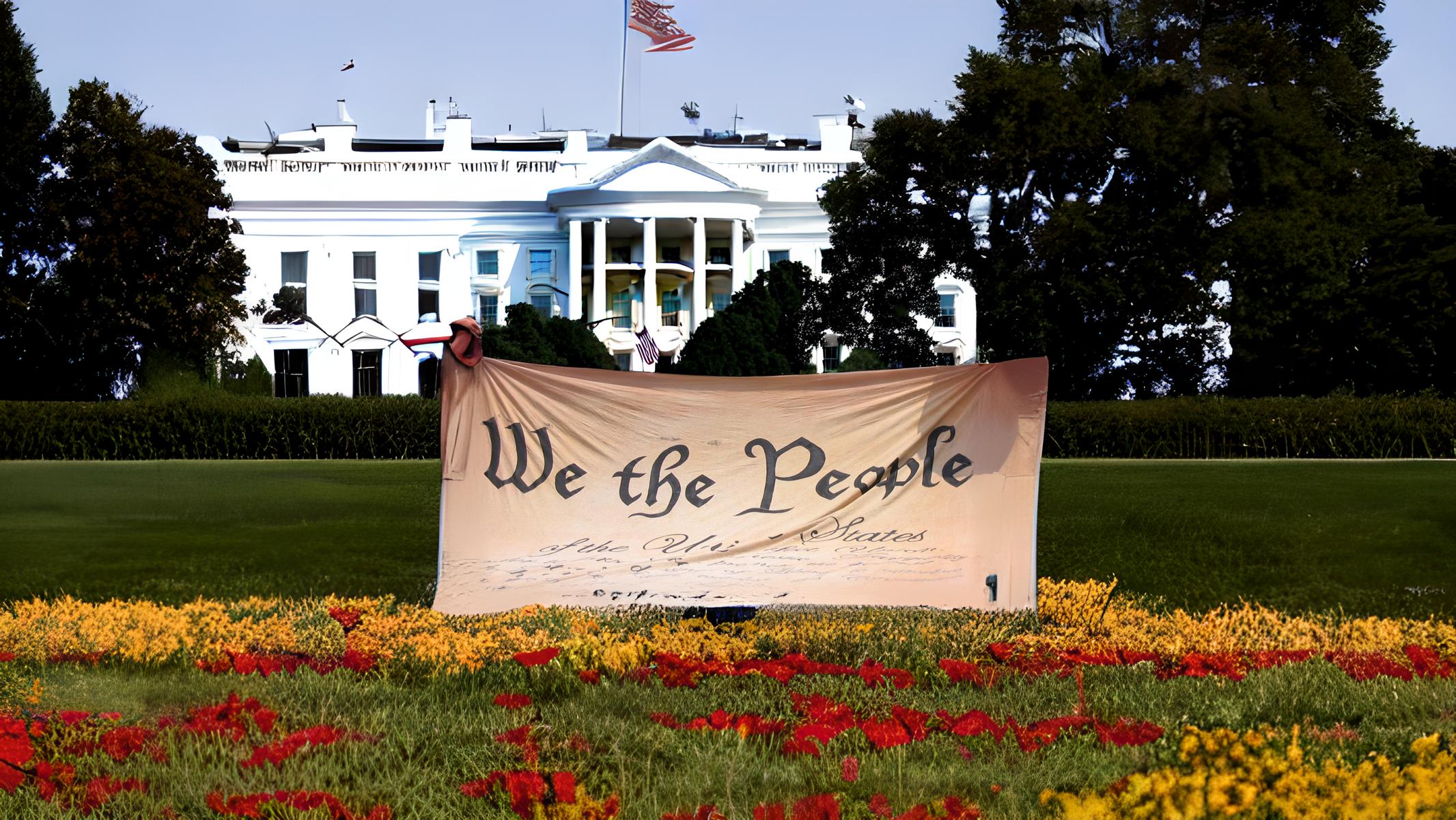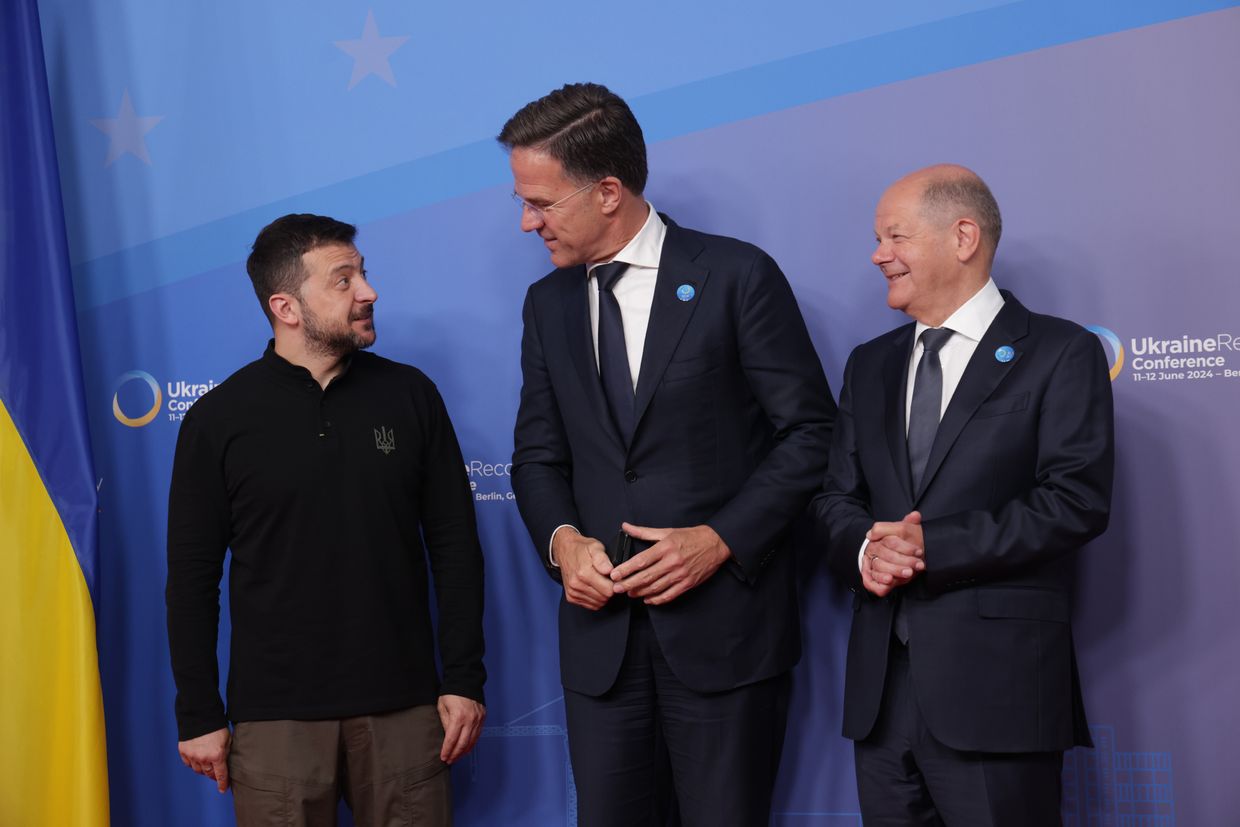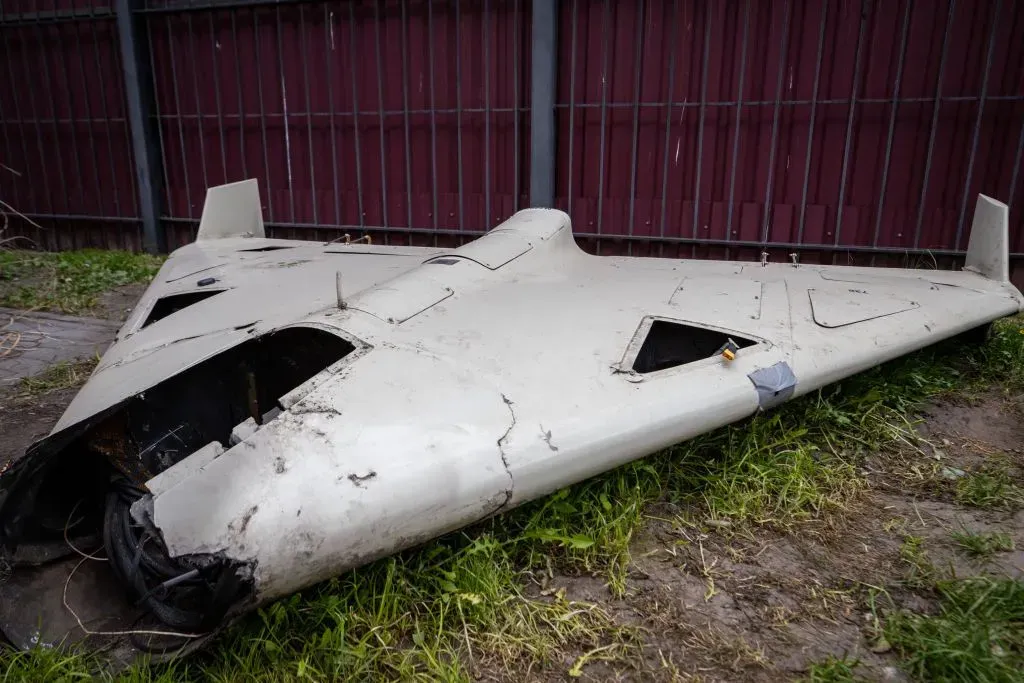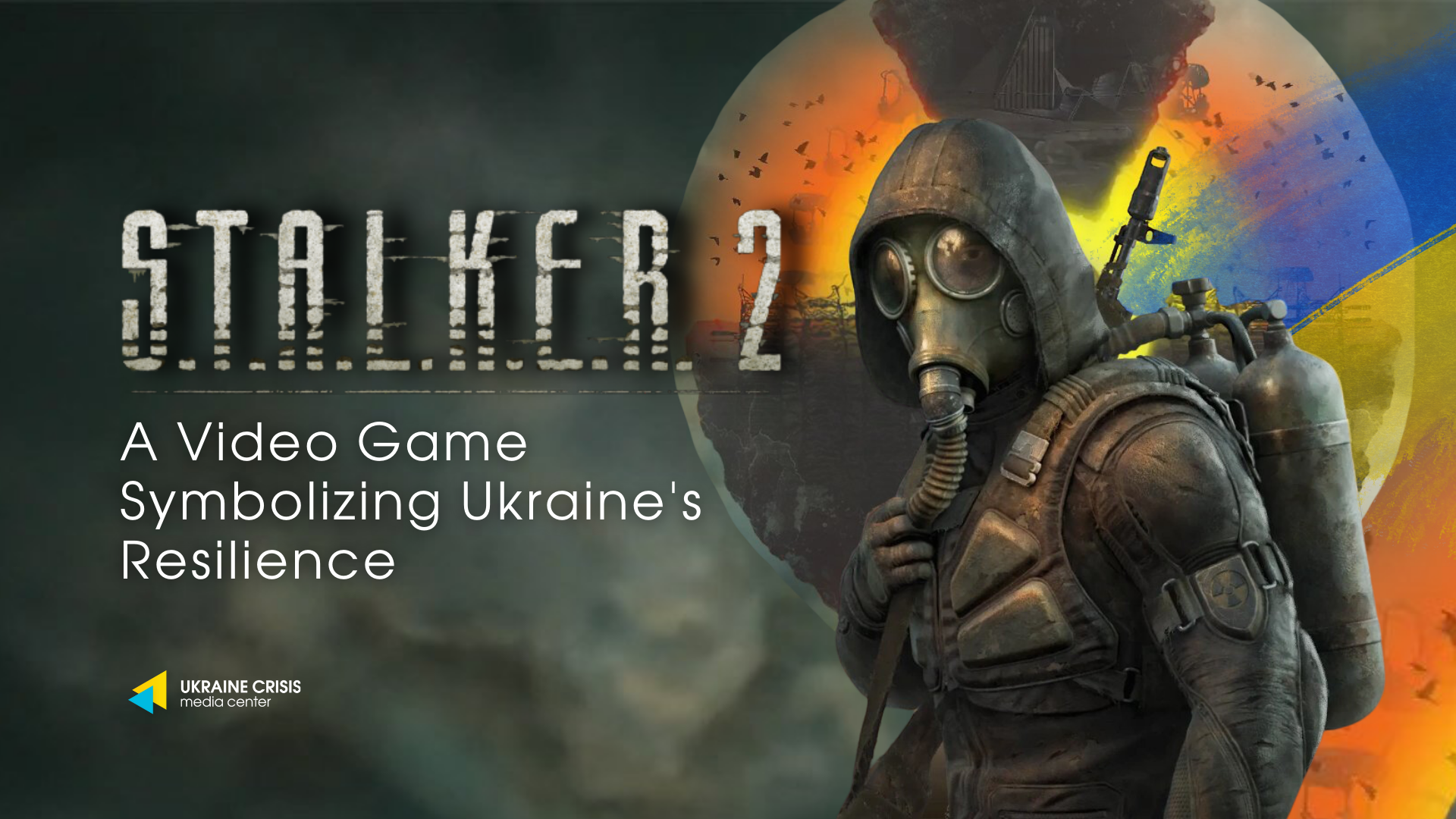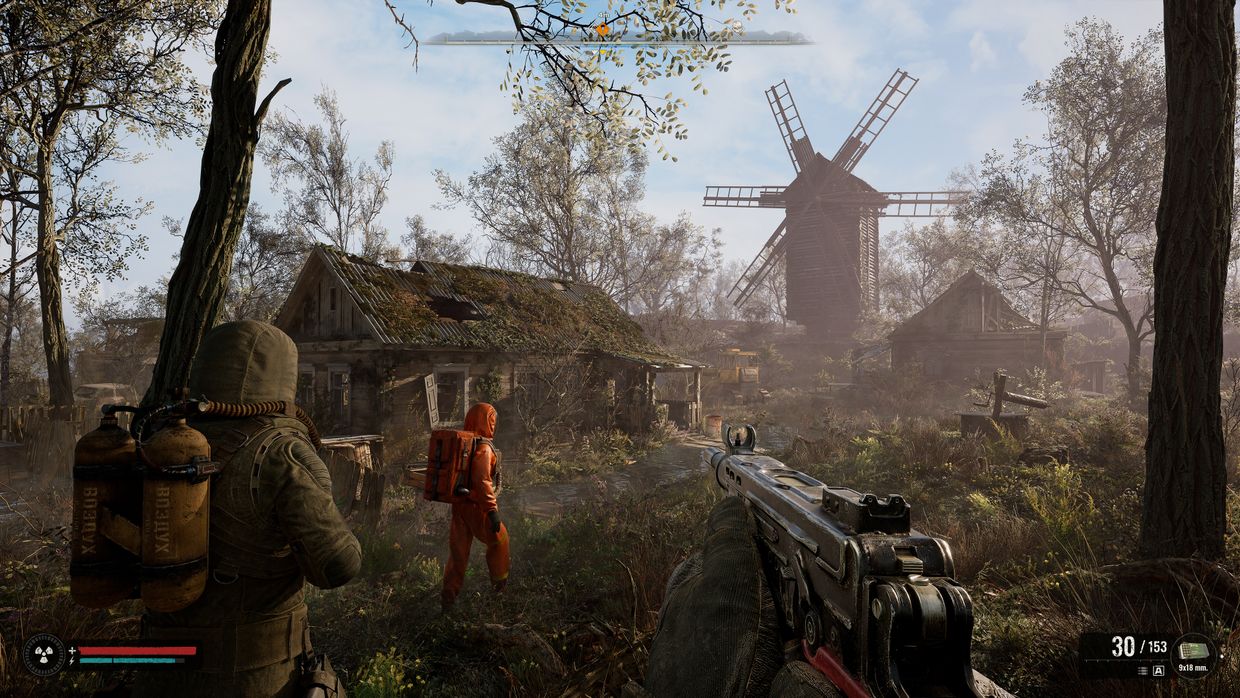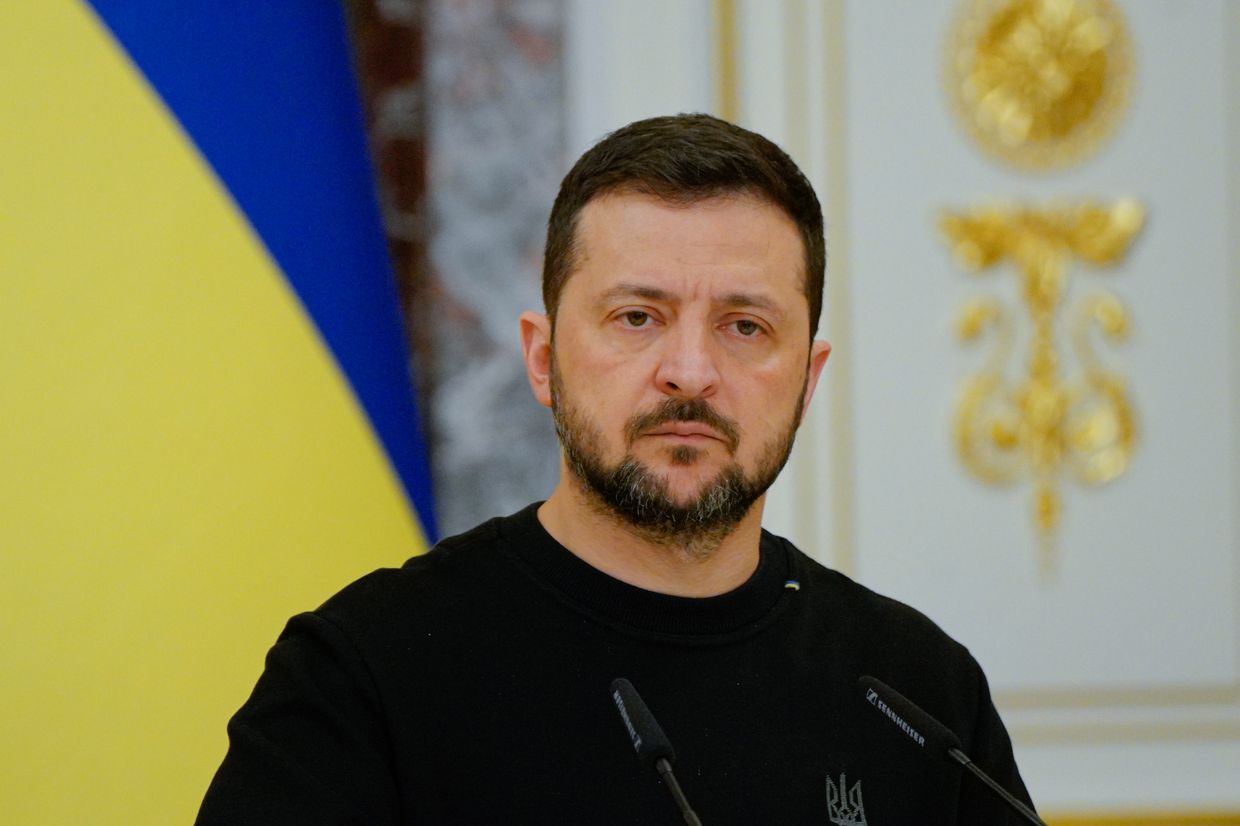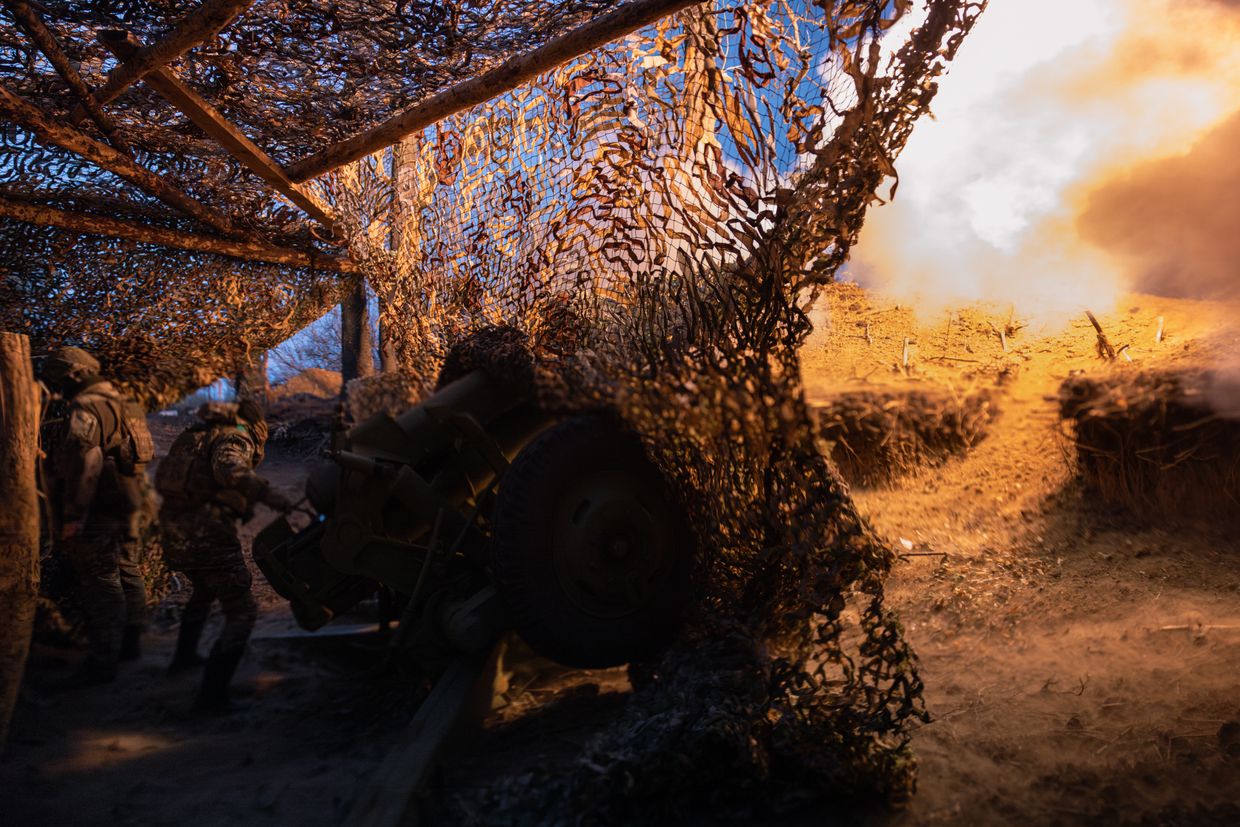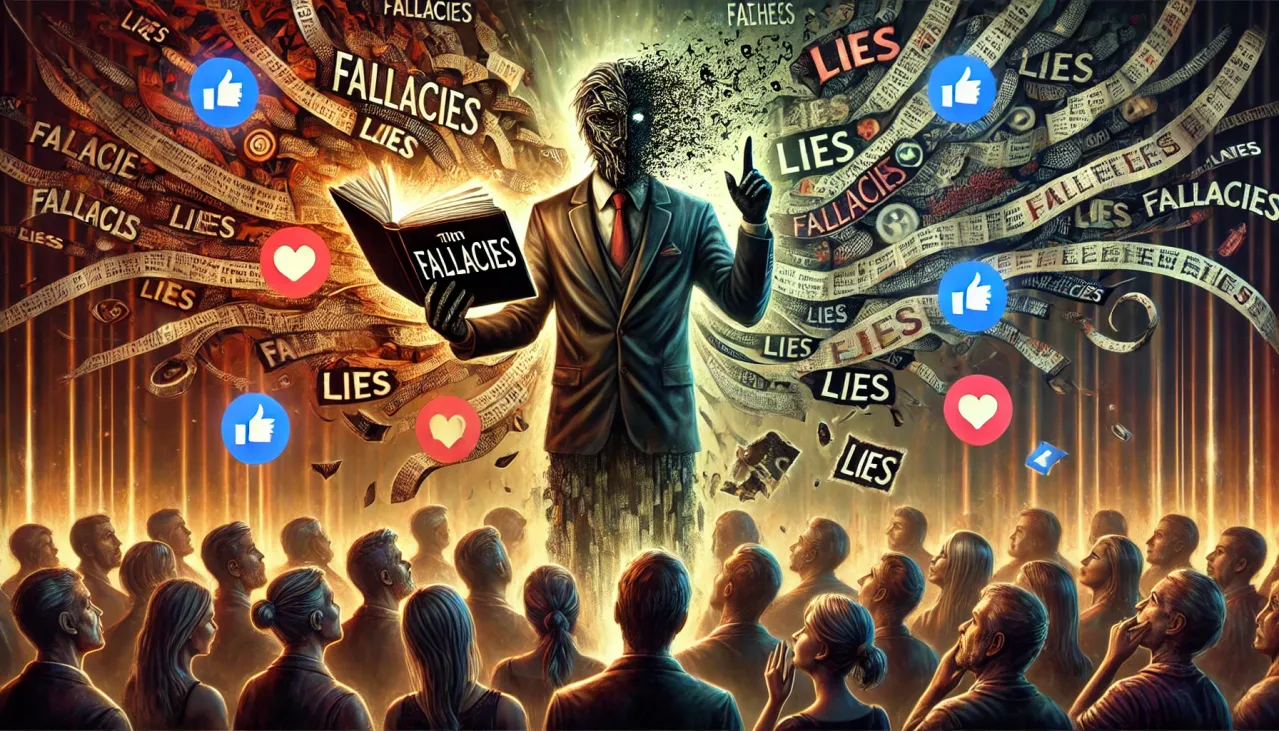Hunger as a weapon
When Russia launched its full-scale invasion of Ukraine, it did not just target military installations – it systematically attacked Ukraine’s agricultural infrastructure, from mining fields to bombing grain terminals and storage facilities. The Kremlin’s strategy was clear: use food insecurity as a weapon by disrupting global food supplies from Ukraine, one of the world’s key agricultural producers.
Beyond attacks on infrastructure, Russia stole harvest and farm equipment, blocked Ukrainian ports in the Black Sea, and even attacked a Turkish-operated civilian cargo ship carrying wheat to Egypt in international waters in September 2024.
However, physical destruction was not enough. The Kremlin deployed disinformation campaigns to deflect blame for the resulting global food crisis. Pro-Kremlin outlets spread false narratives claiming Western sanctions, or other actions by ‘the West’, were responsible for food shortages, despite clear exemptions for agricultural products in the restrictive measures. When Russia attacked civilian grain ships in the Black Sea, its propaganda machine worked overtime to present Russia as a defender of food security for the Global South.
The big freeze that never materialised
The Kremlin’s attempt to use energy as a political weapon followed a similar pattern. After cutting gas supplies to Europe in 2022, pro-Kremlin outlets prophesied an economic collapse and freezing winters for EU citizens (see also here). Reality proved to be very different – Europe’s swift diversification of energy sources and unified response demonstrated remarkable resilience.
Pro-Kremlin propagandists have kept painting an apocalyptic picture of an EU brought to the edge of an abyss due to a lack of Russian energy, predicting the overthrow of EU governments and even the disintegration of the EU itself. They claimed that without Russian energy, the EU’s climate goals were doomed to fail, and European industries would falter.
Despite reality proving them wrong time and again, Russian propagandists continue their deceptive efforts, weaving tales of European dependence on Russian resources while simultaneously claiming that sanctions are destroying EU economies. The contradiction is striking, but serves the Kremlin’s purpose of sowing doubt and division.
The Kremlin’s war on basic needs
The weaponisation of basic human needs such as food and energy reveals a broader pattern in Russia’s strategy: using essential resources as a tool for blackmail while deploying an avalanche of disinformation to muddy the waters about its responsibility. However, as both the food and energy cases show, reality has a way of exposing these manipulations. Europe did not freeze, global food markets have been adapting, and the world increasingly sees through the Kremlin’s cynical exploitation of human necessities.
The post 1 000 and 4 000 days of Russia weaponising food and energy appeared first on EUvsDisinfo.
Content Original Link:
https://euvsdisinfo.eu/1-000-and-4-000-days-of-russia-weaponising-food-and-energy/


